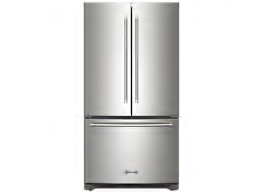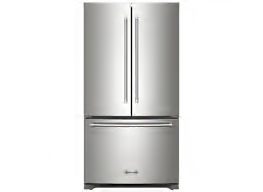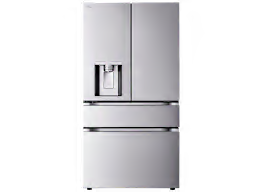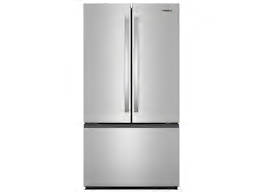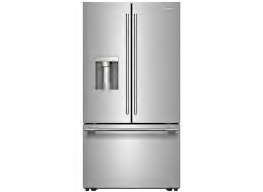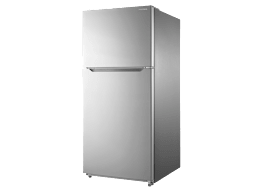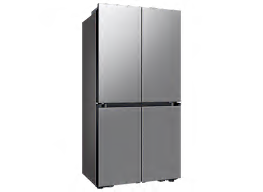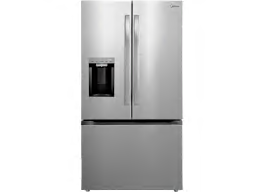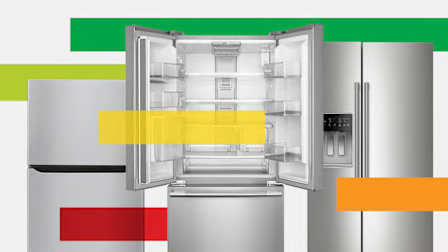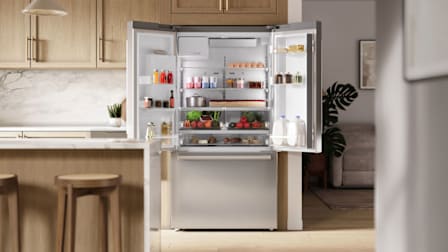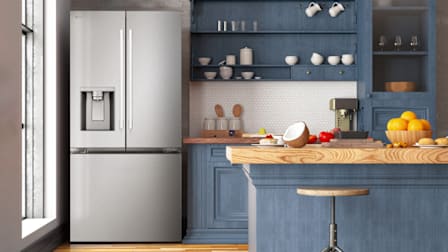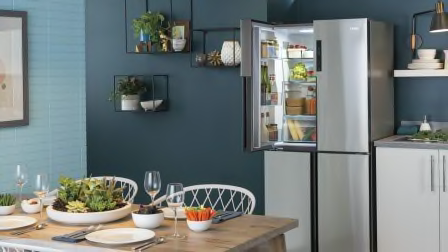Smarter: What Foods Don’t Need to Go in the Fridge?

This week I’m doing your fridge a huge favor by letting you know that there are things you don’t need to stuff inside, such as bread and potatoes. Also in this issue: Is a Walmart+ membership worth it, and does your dog have the right bed?
THE BIG STORY:
‘Confessions of a Fridge Hoarder’There are two types of people in this world: Those who like to put things in the freezer and those who stick them in the fridge.
I am firmly of the latter camp. My use of the freezer is minimal to a fault, almost monastic, whereas my fridge is usually stuffed to the gills given the amount of food I store inside.
Is it good to have a fridge this crowded? Most likely not. It makes it difficult for the cold air to circulate, so some sections of your fridge might end up warmer than others. And as it happens, there are many foods that you don’t need to refrigerate in the first place.
Which are they? I’m so glad you asked. Here are the items CR’s food experts say can be stored in places other than the fridge.
DOUBLING DOWN
With the proper techniques, many foods can last longer than you think. Here are a few examples:
🍌 Bananas: Don’t be afraid of putting your bananas in a fridge to slow their ripening rate. While the peels may darken, that actually doesn’t affect the fruit inside.
🥬 Lettuce: If your lettuce is wilted, you can crisp it back up by soaking it in a bowl of ice water for 5 to 20 minutes.
🍓 Strawberries: Remove the stems and refrigerate the strawberries in a container lined with paper towels. It’s a personal favorite food-storage trick of Trisha’s because it cuts down on the chance of the strawberries growing moldy.
To minimize food waste and save money on groceries, read more of our tips on how you can stretch their shelf life.
QUIZ
What helps ease constipation?
A. Artichokes
B. Chia seeds
C. Water
D. All of the above
THE BOTTOM LINE
Should you get a Walmart+ membership? Let’s break it down.
How much it costs: $12.95 a month or $98 a year.
What it offers: Key benefits include free shipping and same-day delivery on some orders, gas discounts, access to early deals, and . . . six free months of Spotify Premium membership for some reason.?
Is it worth it? If you live near a Walmart store and regularly order delivery or purchase gas from the store weekly, then yes.
THE GOOD STUFF
Does your dog have the right bed?
@consumerreports Your dog deserves the best 🥰. That’s why it may be good to consider investing in a dog bed made with egg crate foam, or an elevated one made with plastic piping. #petsoftiktok #dogbed #dogs ♬ original sound - Consumer Reports
THE SHORT ANSWER
Can you change your phone number and still keep your old one? Oh yes.
QUIZ ANSWER
The answer is D, all of the above. Artichokes and chia seeds are high in insoluble fiber, which can help keep things moving through your digestive system. And when you up your fiber, you should also drink more water because without enough fluid, extra fiber can actually be more constipating.

"Would you rather eat an unripe avocado or an overripe banana?"



